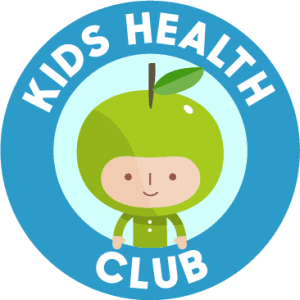Children’s Nutritionist Approved – Fruit
Fruits are high in nutrients and fibre. Regular fruit consumption may reduce the overall risk of developing many types of chronic disease including heart disease and cancer (due to numerous phytonutrients present in all fruits). Phytonutrients are additional antioxidants found in plants, as distinct from vitamins and minerals, which are associated with numerous health promoting effects. Highly coloured fruits tend to be highest in phytonutrients. It is recommended that you limit dried or sweetened tinned fruits. If you are trying to lose weight, limit fruit to a maximum of 2-4 pieces daily, reducing the number of servings if experiencing difficulty with...










 Kids Health Club
Kids Health Club